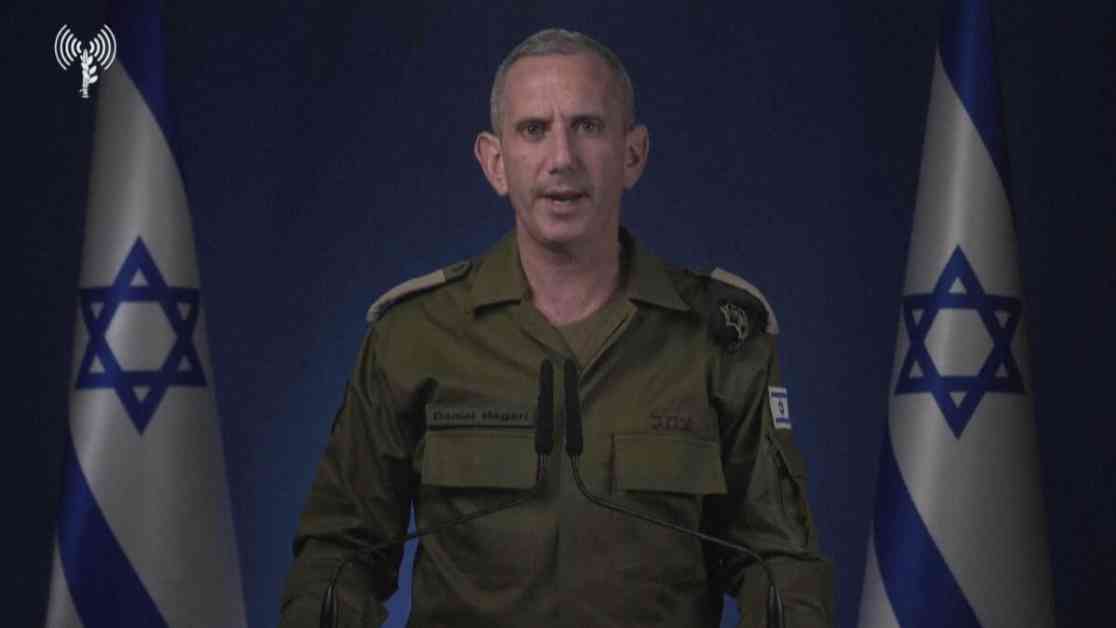Israel and Iran are once again at the forefront of escalating tensions in the Middle East. The recent exchange of attacks between the two countries has raised concerns about the potential for a full-blown war in the region. Israel’s retaliatory strike on Iran came in response to Iran’s missile barrage targeting Israeli military installations. This direct confrontation between two major powers in the Middle East has sparked fears of further hostilities and the possibility of a future truce.
The Israeli military stated that the strikes on military targets in Iran were a response to months of continuous attacks from the Iranian regime. The airstrikes resulted in explosions in Tehran and the nearby city of Karaj, with possible targets being missile sites controlled by the Islamic Revolutionary Guard Corps. Smoke was visible in the night sky, indicating the intensity of the attacks. The Iranian news agency reported that the Imam Khomeini International Airport was operating normally despite the strikes.
In Israel, Prime Minister Benjamin Netanyahu sought shelter in a bunker underneath the Defense Ministry in Tel Aviv, along with other senior leaders. The Biden administration had previously advised Israel against targeting Iran’s oil industry or nuclear facilities to prevent disruptions in world markets. The White House was notified in advance of the strikes and described them as an exercise of self-defense in response to Iran’s ballistic missile attack on Israel.
The escalating tensions between Israel and Iran have been fueled by recent conflicts in the region, particularly the Israel-Hamas war in the Gaza Strip. The shadow war between the two countries has now evolved into a more direct confrontation, raising concerns about the potential for a wider conflict. The ongoing efforts to broker a cease-fire in Gaza have so far been unsuccessful, further complicating the situation in the region.
The recent events highlight the volatile nature of the Middle East and the complex web of relationships between various countries in the region. The involvement of proxy militias and external powers has further exacerbated tensions, making it difficult to achieve lasting peace. The international community must continue to engage with all parties involved to prevent further escalation and work towards a sustainable solution to the conflicts in the Middle East.



























